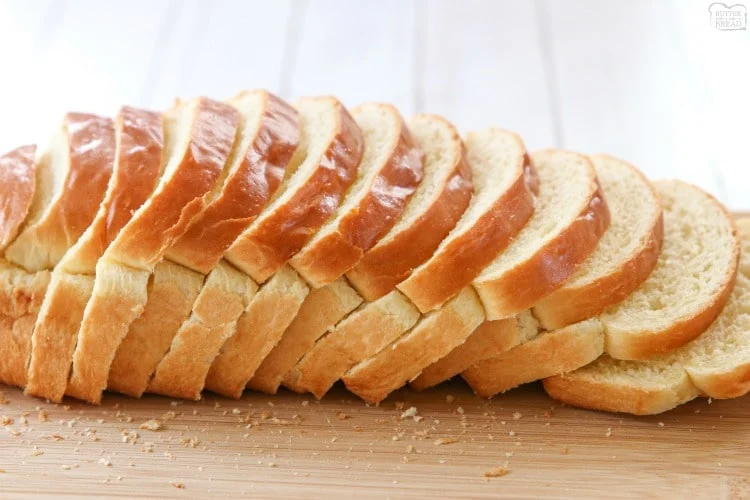In a country where bread has transcended cultural and economic boundaries to become a staple for millions, the revelation of “killer bread”—laden with hazardous chemicals like potassium bromate and heavy metals—feels like a profound betrayal.
The recent research findings detailing this contamination expose not just the reckless endangerment of public health but also a glaring failure of regulatory oversight in Nigeria’s food industry.
Bread, in its simplicity, is the food of the people. Yet, for years, Nigerian consumers have unknowingly consumed a product tainted with substances linked to cancer, organ failure, and neurological damage.
Potassium bromate—a flour improver banned by the World Health Organisation (WHO) and outlawed by Nigeria’s National Agency for Food and Drug Administration and Control (NAFDAC) since 2004—remains a specter in our bakeries. This is not merely negligence; it is criminality cloaked in flour and yeast.
Research over the years has shown that potassium bromate is a source of food poisoning and is a potential Class II carcinogen for humans. It has been proven to cause severe toxic effects on critical human organs such as the kidneys, liver, and brain.
The International Agency for Research on Cancer has classified potassium bromate as a Category 2B carcinogen.
With increasing cases of kidney damage in Nigeria, researchers have discovered that potassium bromate—a flour improver used in baking bread and other confectioneries—could be a contributing factor.
The WHO and Food and Agriculture Organisation (FAO) banned potassium bromate as a flour additive in 1992.
The Codex Alimentarius, an international food safety reference agency run by the WHO and FAO, formally withdrew specifications for potassium bromate in 2012.
Under Nigerian law, it is a crime for local manufacturers to use this substance in the preparation of food and consumables.
Food safety is affected by the decisions of producers, processors, distributors, food service operators, and consumers, as well as government regulations.
Under the former Director General of NAFDAC, the late Prof. Dora Akunyili, the fight against the use of potassium bromate was so intense that bread makers would boldly inscribe “bromate free” on their product packages.
This newspaper finds it outrageous that despite the ban, some bakeries continue to operate illegally, and some still use this chemical despite the four-point safety standard given to bakers and flour millers by the regulatory agency years ago.
We recognise that economic pressures, high costs of ingredients, poor enlightenment, and weak enforcement may be contributing factors.
However, the health hazards of this product underscore the need for our regulatory bodies to adopt strategies such as Post-Marketing Surveillance (PMS), on-the-spot analysis, effective monitoring and enforcement, stringent regulations, and sustained routine inspections to reduce, if not eliminate, the use of KBrO₃ as a bread enhancer.
Beyond the issue of food safety, we are not unmindful that the rate and incidence of quackery and counterfeit products have skyrocketed across the country, exacerbated by the prevailing economic realities.
Experts note that Nigeria’s economic downturn coincides with various heavy disease and illness burdens—about 133 million Nigerians are multidimensionally poor, and a recent New York Times report describes Nigeria’s economic state as the “worst in a generation,” creating a fertile ground for counterfeit and substandard medical products.
In December this year, NAFDAC reported shutting down eight shops and a warehouse in Karu Local Government Area of Nasarawa State. The agency accused the facility owners of producing and selling counterfeit rice, seizing over 1,600 bags estimated at ₦5 billion.
Additionally, 150 shops at Eziukwu Market, Aba, Abia State, were shut down over fake and expired products worth ₦5 billion during a two-day operation on December 16 and 17 this year.
Tragically, those who should engage in legitimate productive businesses have become public health hazards in their pursuit of wealth.
Major factors contributing to the prevalence of counterfeit drugs in Nigeria include ineffective enforcement of existing laws, non-professionals in the drug business, loose control systems, high costs of genuine drugs, greed, ignorance, corruption, illegal drug importation, and a chaotic drug distribution network where demand exceeds supply.
The Professional Bakers Association of Nigeria has rightly called for a crackdown on quack bakeries, but this fight cannot be left to industry players alone. A coordinated effort involving regulators, consumer advocacy groups, and law enforcement is essential to protect public health.
Ultimately, this crisis tests our nation’s priorities. Will we continue to allow economic expediency to trump human life? Or will we demand a food system that values safety over profit, transparency over shortcuts, and accountability over impunity?
Nigerians deserve better. Bread should nourish, not endanger.





